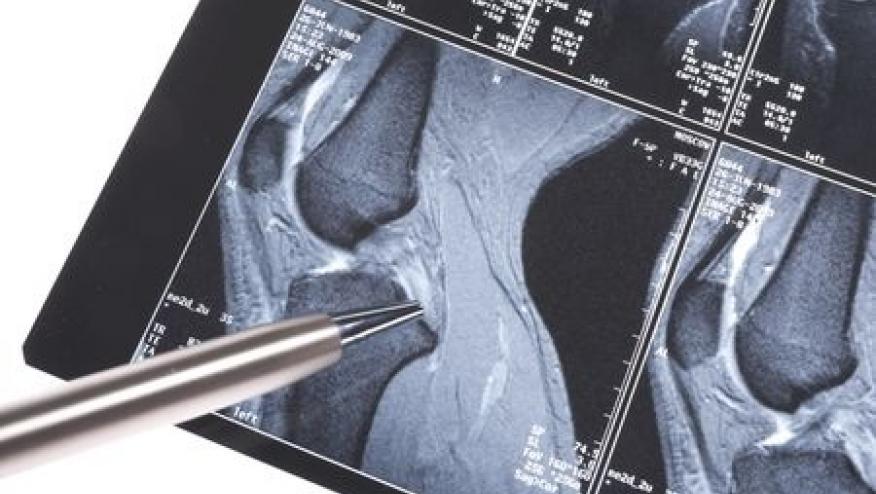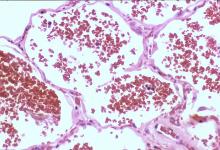Potential Reasons Why Osteoarthritis Preferentially Affects Women Save

Researchers from Augusta University have examined exosomes from patients with knee osteoarthritis (OA) to enhance our molecular understanding of the pathogenesis of OA. (Citation source http://buff.ly/2tuDZ3v)
Exosomes play a vital role in cell-to-cell communication. By obtaining samples from OA patient synovial fluid, researchers analyzed the exosomes that carry microRNAs (miRNAs) that regulate gene expression. Their supposition was that molecular profiling of synovial fluid derived exosomal miRNAs may increase the understanding of OA progression.
They found distinct differences in miRNA activity between men and women with OA. Interesting, in light of the fact that OA is more common in women than men; the reasons for which are unknown.
The synovial fluid of men showed 69 downregulated and 45 upregulated miRNAs, while in women there were 91 downregulated and 53 upregulated miRNAs.
Women were more likely than men to show a deactivation or alteration of miRNAs that are important for estrogen signaling and collagen production.
Thus the loss of estrogen levels during menopausal years may be associated with an increased risk of OA. It has been previously noted that women on hormone replacement therapy have a lower risk of OA.
One potential use of this stems from their efforts showing that blocking estrogen availability in exosomes using aromatase inhibitors may lead to a reduction in miRNAs.
The study also disclosed that one particular miRNA, called MiR-504-3p, was upregulated in both men and women with OA. The significance of this is unknown but may related to cartilage degeneration.










If you are a health practitioner, you may Login/Register to comment.
Due to the nature of these comment forums, only health practitioners are allowed to comment at this time.